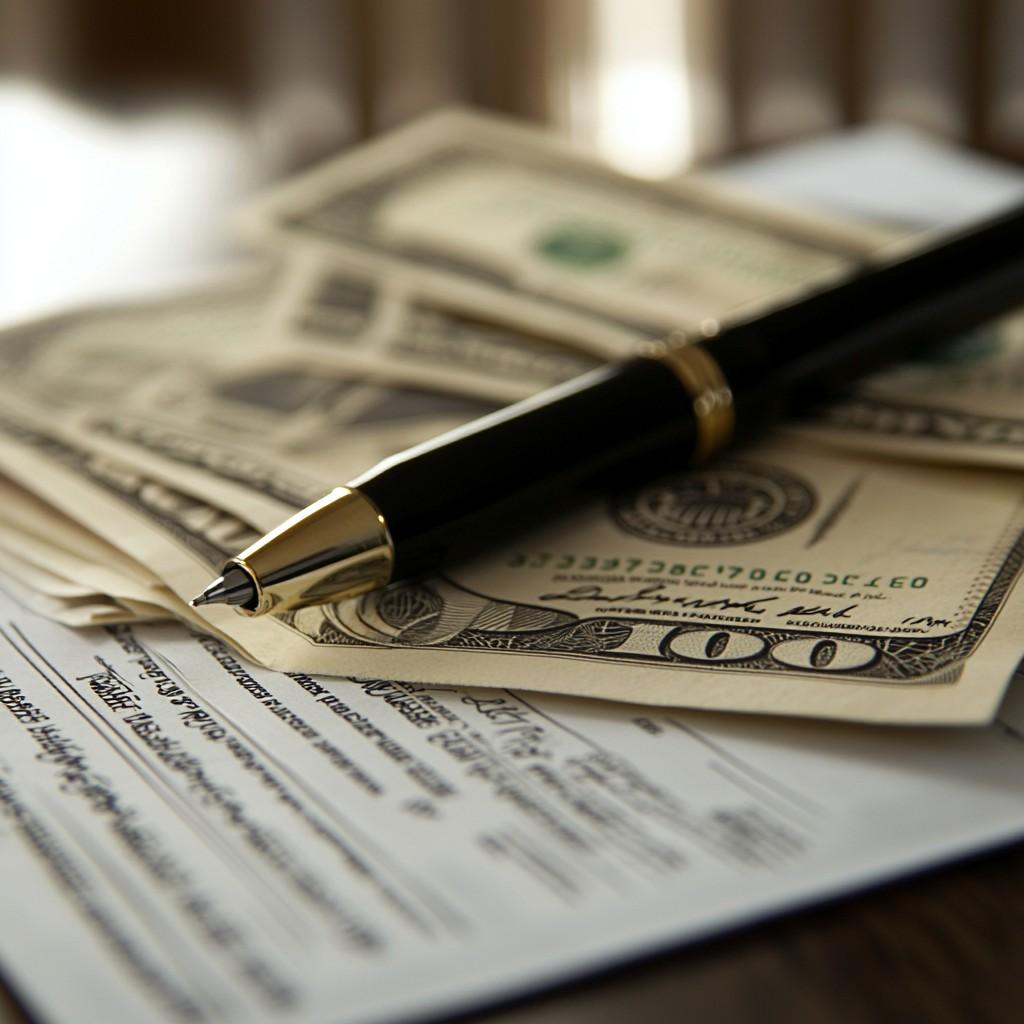As an inventor, you may have come up with a brilliant idea, but you might not have the resources or interest in turning that idea into a product or business. In such cases, selling your patent could be a viable option. It allows you to profit from your invention without the responsibility of production or commercialization.
While it sounds straightforward, the process of selling a patent is more complex than just finding a buyer. It involves understanding the legal aspects and ensuring the transfer of ownership is done correctly. So, how exactly do you go about selling a patent?
Can a Patent Be Sold?
Before diving into how to sell a patent, you may be wondering if it’s even possible to sell one at all. The answer is yes, patents are sellable assets. A patent provides exclusive rights over an invention, and these rights can be transferred to another person or organization through an assignment.
Once sold, the buyer (legally called the assignee) can assume full ownership of the patent, including the authority to manufacture, sell, and license the invention. This legal transfer is a binding agreement that requires careful documentation and adherence to regulations.
Consulting intellectual property lawyers is critical to ensure the sale is conducted properly. These legal professionals assist with drafting agreements, verifying compliance with patent laws, and protecting your financial interests. Selling a patent can open doors to new opportunities, but it’s vital to proceed with legal precision.
5 Steps Towards Selling Your Patent
Selling your patent involves a structured process to ensure your invention’s value is properly recognized and legally transferred. Whether you’re in California or elsewhere, this process remains consistent across the U.S., but state-specific regulations and business practices may influence certain aspects.
For example, if you’re in California, you’ll need to be mindful of state laws that may affect patent assignments and licensing agreements. Below are the key steps to follow for a smooth transaction, no matter where you are:
Understand the Value of Your Patent
Before selling, it’s crucial to determine the monetary worth of your patent. Factors such as the invention’s market demand, uniqueness, and potential to generate revenue play significant roles in its valuation. Seek advice from an experienced patent attorney who can evaluate your patent and provide insights into its true market value.
Compile Necessary Documentation
A well-documented portfolio enhances your patent’s appeal to buyers. Include patent certificates, technical drawings, prototypes, market research, and any other supporting evidence that demonstrates your invention’s value. Being organized reassures buyers and accelerates negotiations.
Find Suitable Buyers
Identifying the right buyer involves researching industries or companies that would benefit from your invention. Patent marketplaces, trade shows, and professional networks can help connect you with potential buyers. A patent lawyer ensures you target the appropriate audience and protect your intellectual property during this phase.
Negotiate Terms of the Sale
Once interest is shown, negotiate terms that reflect your patent’s value. Discussions may include payment structures, licensing options, or future royalties. An attorney can assist in crafting agreements that are legally binding and safeguard your interests.
Finalize the Sale
Completing the sale involves drafting a formal contract to transfer ownership and filing the appropriate documentation with the USPTO. Professional guidance ensures the assignment process is seamless and legally compliant.
Selling a patent may seem complex, but following these steps makes it manageable. By approaching the process methodically, you can maximize the value of your intellectual property.
How Much Can You Sell a Patent For?
The price of a patent depends on various factors, including its marketability, industry demand, and potential for innovation. Patents in competitive industries like technology, medicine, and renewable energy typically fetch higher prices due to their commercial appeal.
Some factors influencing a patent’s value include:
- Market Potential: An invention’s market potential plays a significant role in determining its value. When an invention can be applied across multiple industries or has a broad customer base, it naturally becomes more attractive to potential buyers. A product with wide-reaching applications can create numerous opportunities for commercialization, making it a more desirable asset.
The more industries or sectors that can benefit from your invention, the higher the likelihood of commanding a premium price. For example, a patent for a groundbreaking software tool may appeal to various industries like healthcare, education, and finance, increasing its value due to its diverse market potential. - Patent Scope: The scope of a patent refers to the extent to which the patent covers various uses or designs related to an invention. Broad patents that are inclusive of multiple variations, features, or applications tend to be more valuable than those that focus on a single, specific application.
A patent that covers several related aspects of a product or technology is typically seen as a more robust asset because it offers greater protection and more opportunities for licensing. For instance, a patent on a versatile engine design may encompass several configurations, whereas a patent for a single component of that engine might have limited appeal and value. - Industry Demand: The demand for patents is also heavily influenced by industry trends and emerging technologies. Patents that address current challenges or align with the needs of an industry on the rise are particularly valuable. For example, in the fast-evolving tech world, patents related to artificial intelligence, green energy, or cybersecurity are highly sought after due to the growing demand in these areas.
Likewise, patents that solve complex problems or offer innovative solutions in industries undergoing rapid change often command higher bids. If a patent addresses an urgent need or solves a significant problem within an industry, its market value tends to increase significantly, as businesses are eager to secure these valuable innovations before competitors do.
To determine a fair price, work with intellectual property lawyers who understand market trends and patent valuation methods. They can help you negotiate a price that reflects the true worth of your invention while protecting your legal rights.
What You Need to Know Before Selling a Patent
Selling your patent is a significant decision that affects your future relationship with the invention. Once you assign ownership, you lose the rights to produce or benefit directly from the patent. Here are some key points to consider:
- Patent Status: Verify that your patent is active and enforceable. Expired or disputed patents may face challenges during the sale process.
- Legal Preparation: Ensure all legal documentation related to your patent is in order. This includes certificates, filing records, and maintenance fee payments.
- Buyer Research: Vet potential buyers carefully to ensure they have the resources and credibility to uphold the agreement.
- Sale Terms: Decide whether you want a one-time payment or a licensing arrangement that includes ongoing royalties.
Collaborating with a patent attorney ensures you address these considerations thoroughly and avoid mistakes that could impact your financial return.
Get Help Selling Your Patent
Navigating the sale of a patent involves intricate legal and financial steps that can feel overwhelming without the right support. That’s where our team comes in.
Our patent lawyers provide comprehensive guidance through every stage of the process. From evaluating the worth of your patent to preparing agreements and filing documentation, we handle the complexities so you can focus on the rewards. Whether you’re negotiating terms or finalizing a transfer, we ensure that your intellectual property transaction is seamless and beneficial.
Contact Heimlich Law PC today for assistance with your patent sale.






